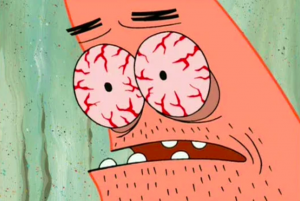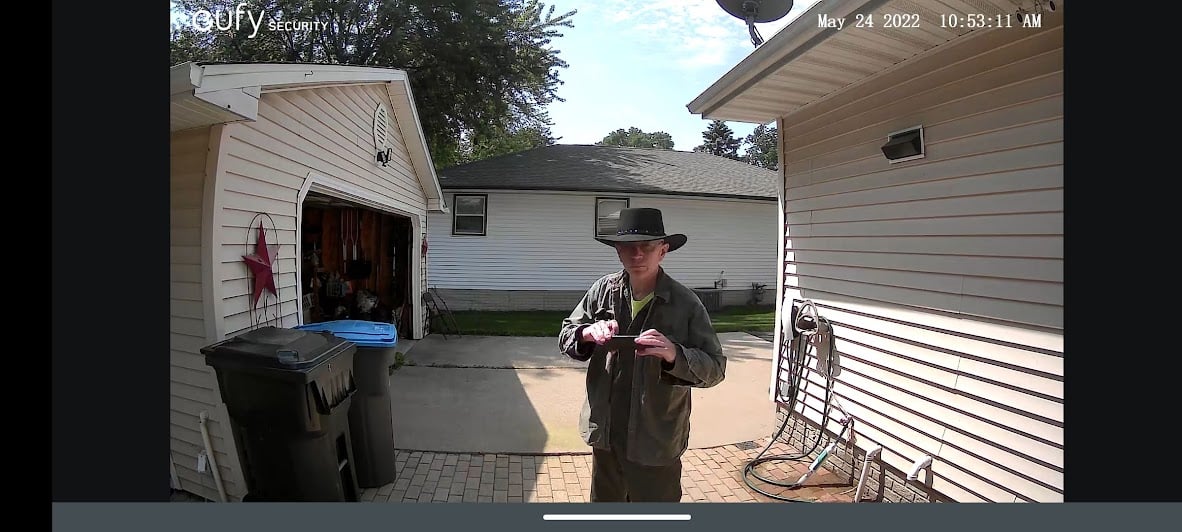Basically every time a psilocybin study is conducted for use in mental health applications it’s found to be beneficial. It’s just that the DEA doesn’t give a fuck and refuse to change the schedule of the drug even with countless studies showing it’s effectiveness, as well as countless doctors, researchers, and institutes recommending they reduce psilocybin to schedule III.
Also, we all know what they were doing with that thumbnail.
I’m feeling stupid this morning, what were they doing with the thumbnail?
? Not sure what the color filter is called, but it’s an upside down mushroom.
I guess it depends on what view and what app your using, but on my phone with a small thumbnail in list view it looks like a butthole.
Looks like a sharpie in the pooper
I think the issue is a bit more than the DEA not wanting to move, and it’s also related to how many studies showing positive effects of psychedelics have severe methodological or other important issues. This podcast summarizes some of those issues very nicely in case anyone’s interested: https://www.thestudiesshowpod.com/p/episode-4-psychedelics
I’ll listen to the podcast because I’m sure there’s info in it that will be new to me, but I do know drug scheduling creates a purgatory that makes substances difficult to research. When the scheduling means that it can’t be produced in amounts to create meaningful clinical studies, the “drugs with no currently accepted medical use” definition is difficult to get out of.
To add on to that, if John Hopkins research labs, the same one that came up with CPR, water purification, and genetic engineering, thinks psilocybin has medical use and merit, I believe them.
While I’m all for descheduling psilocybin (and decriminalizing it as well), it should be noted that this was a very small sample size study (15 people) and I’ve heard anecdotal warnings to not take shrooms if bipolar or schizophrenic for years, as there might be a slight risk of psychosis.
You also have to take into account the setting the test was administered in. The participants underwent therapy before, during, and after the treatment. Being in a safe space with immediate access to mental health professionals probably decreases the risks substantially.
feel different? cured. same way they tested current benzos








